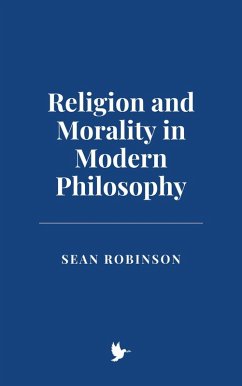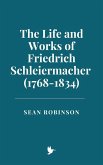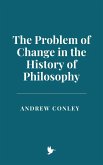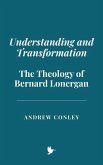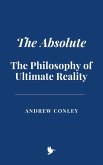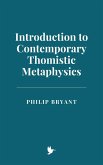The book begins by tracing the revival of classical thought during the Renaissance and its influence on humanistic approaches to morality, emphasizing individual dignity and reason. It delves into the theological and moral upheavals of the Reformation, led by Martin Luther and John Calvin, which redefined faith, grace, and personal responsibility. The Enlightenment's rationalist turn is explored through figures such as Descartes, Spinoza, and Kant, who sought to ground morality in reason, natural law, or universal principles while engaging with the challenges of religious belief.
Romanticism and German Idealism, as represented by Schleiermacher, Hegel, and Fichte, reveal a reinvigoration of the emotional and spiritual dimensions of morality, highlighting the interplay between individual freedom and collective ethical life. The 19th century's critiques of traditional morality, advanced by Schopenhauer, Kierkegaard, and Nietzsche, confront the existential and cultural ramifications of modernity, including the "death of God" and the revaluation of values. The secular moral systems of thinkers like Comte and Mill further illustrate the complexities of constructing ethical frameworks in an increasingly pluralistic and secular world.
This book offers deep analysis and commentary on key primary texts and philosophical ideas, contextualizing them within their historical and cultural milieus. It interrogates enduring questions: Can morality survive the decline of religious authority? What role do emotion, reason, and tradition play in ethical life? How can individual freedom coexist with social cohesion?
Through its examination of these themes, Religion and Morality in Modern Philosophy provides a comprehensive and nuanced account of the evolving dialogue between faith and ethics, highlighting its relevance to contemporary philosophical and cultural debates.
Dieser Download kann aus rechtlichen Gründen nur mit Rechnungsadresse in A, B, CY, CZ, D, DK, EW, E, FIN, F, GR, H, IRL, I, LT, L, LR, M, NL, PL, P, R, S, SLO, SK ausgeliefert werden.

